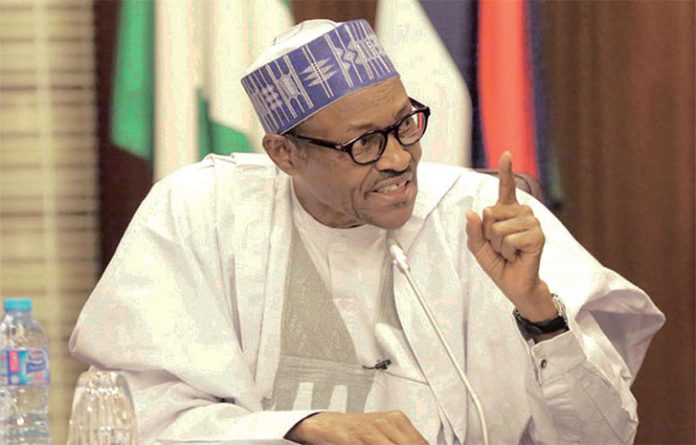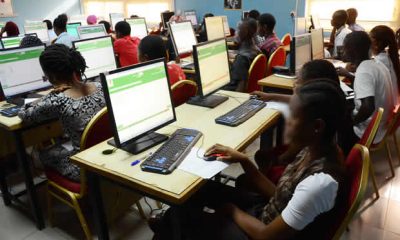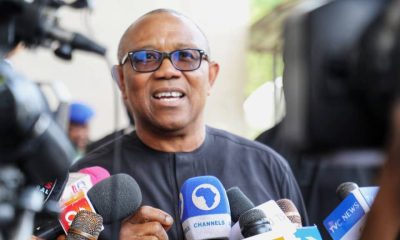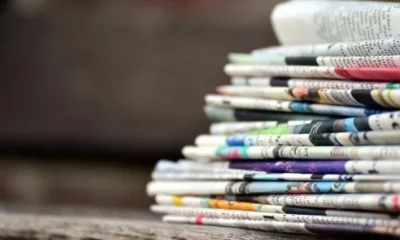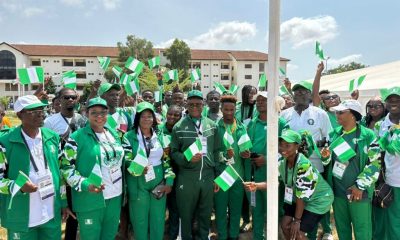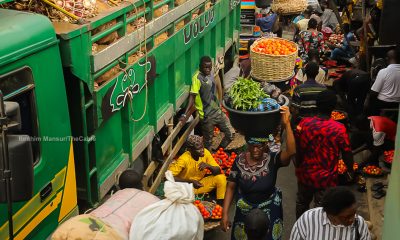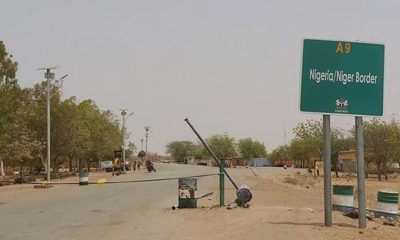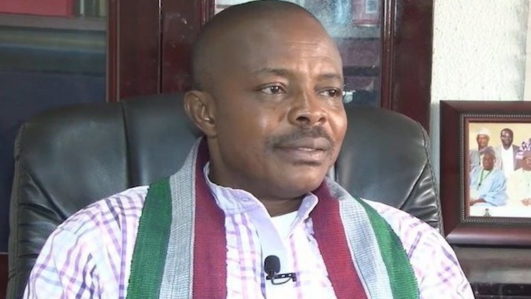The country’s debt rose by N20.8tn between July 2015 and December 2020, data obtained from the Debt Management Office on Wednesday showed.
According to the statistics obtained from the DMO, Nigeria’s total debt as of June 30, 2015 stood at N12.12tn.
However, as of December 31, 2020, the country’s debt portfolio had risen to N32.92tn.
This shows that within a period of 66 months (five and half years), the country’s debt has risen by N20.8tn.
It also means that within the period, the country’s debt portfolio rose by 171.62 per cent.
Most of the country’s debts were incurred by the Federal Government.
Of the total debt of N32.92tn, the Federal Government has a total of N26.91tn, leaving a balance of N6.01tn to sub-national governments, mainly, the 36 state governments and the Federal Capital Territory Administration.
The implication of this is that 83.78 per cent of the nation’s debt stock belongs to the Federal Government, with the sub-national government accounting for 16.22 per cent.
Further analysis shows that domestic sources accounted for N20.21tn while external sources accounted for N12.71tn.
In percentage terms, external debts accounted for 38.6 per cent of the total debt portfolio while domestic debts accounted for 61.4 per cent.
The country’s increasing debt profile is also reflected in the growing cost of debt servicing which has ridiculed the nation’s dwindling revenues in recent years.
Within the period of 66 months under review, the country spent N10.26tn on debt servicing.
While servicing local debts gulped N8.53tn between July 2015 and December 2020, servicing external debts gulped N1.72tn from 2016 to December 2020 (external debt servicing converted to Naira at the exchange rate prevailing at the time, provided by the DMO).
The data provided by the DMO showed that from July to December 2015, N489.59bn was expended on servicing local debts.
From January to December, a total of N1.23tn was spent to service the country’s domestic debts in 2016. The figure rose to N1.48tn in 2017.
In 2018, the country’s domestic debt servicing bill rose to N1.8tn. The cost of domestic debt servicing came down a bit in 2019 to N1.69tn. In 2020, it rose again to N1.85tn.
On the other hand, external debt servicing consumed $353.09m in 2016. In went up to $464.05m in 2017 and jumped up to $1.47bn in 2018.
In 2019, the nation spent $1.33bn on external debt servicing. In 2020, external debt servicing gulped $1.56bn.
The rise in the country’s debt servicing reflected the nation’s increasing commitment to external loans.
Given the high cost of local debt servicing previously, the Federal Government deliberately moved to secure more external loans.
The government’s policy was to rebalance the country’s debt portfolio to 60 per cent local debts and 40 per cent foreign debts.
However, dwindling revenues arising from low receipts from oil and gas exports presented the government with a dilemma.
Falling local currency had brought to the fore the foreign exchange risk inherent in securing foreign loans while the need to shore up foreign exchange proceeds had made it difficult for the government to wean itself from foreign borrowings.
In fact, the President had about a fortnight ago asked the Senate to approve another $6.18bn external borrowing for the government.
Buhari said the proposed loan which is equivalent to N2.3tn is to finance the 2021 budget deficit of N5.6tn.
He said the loan would enable the Federal Government to fund critical infrastructural projects in transportation, health, and education among others.
When the National Assembly eventually approves the new debt plan, the implementation will take the country’s debt portfolio higher.
There are also approved borrowings that have not been disbursed by the lending agencies. The disbursement of these loans will also take the debt portfolio a notch higher.
The DMO recently disclosed that Nigeria had more than $5.83bn foreign loans that had been approved but not yet disbursed as of December 31, 2020.
A larger percentage of the loans would come from the International Development Association, a member of World Bank Group. The outstanding loans from the group stood at about $3.27bn as of December 2020.
Another $1.25bn was supposed to come from the Export-Import Bank of China. Apart from multilateral agencies, China has remained the nation’s largest creditor.
Other major sources of the undisbursed funds included Agence Francaise de Development from where the country will get more than 500 million Euros and the European Development Fund from where the country will collect about $425m.

 News3 years ago
News3 years ago
 Entertainment2 years ago
Entertainment2 years ago
 News3 years ago
News3 years ago
 Privacy3 years ago
Privacy3 years ago
 Sports2 years ago
Sports2 years ago
 Entertainment2 years ago
Entertainment2 years ago
 News3 years ago
News3 years ago
 Opinion3 years ago
Opinion3 years ago
